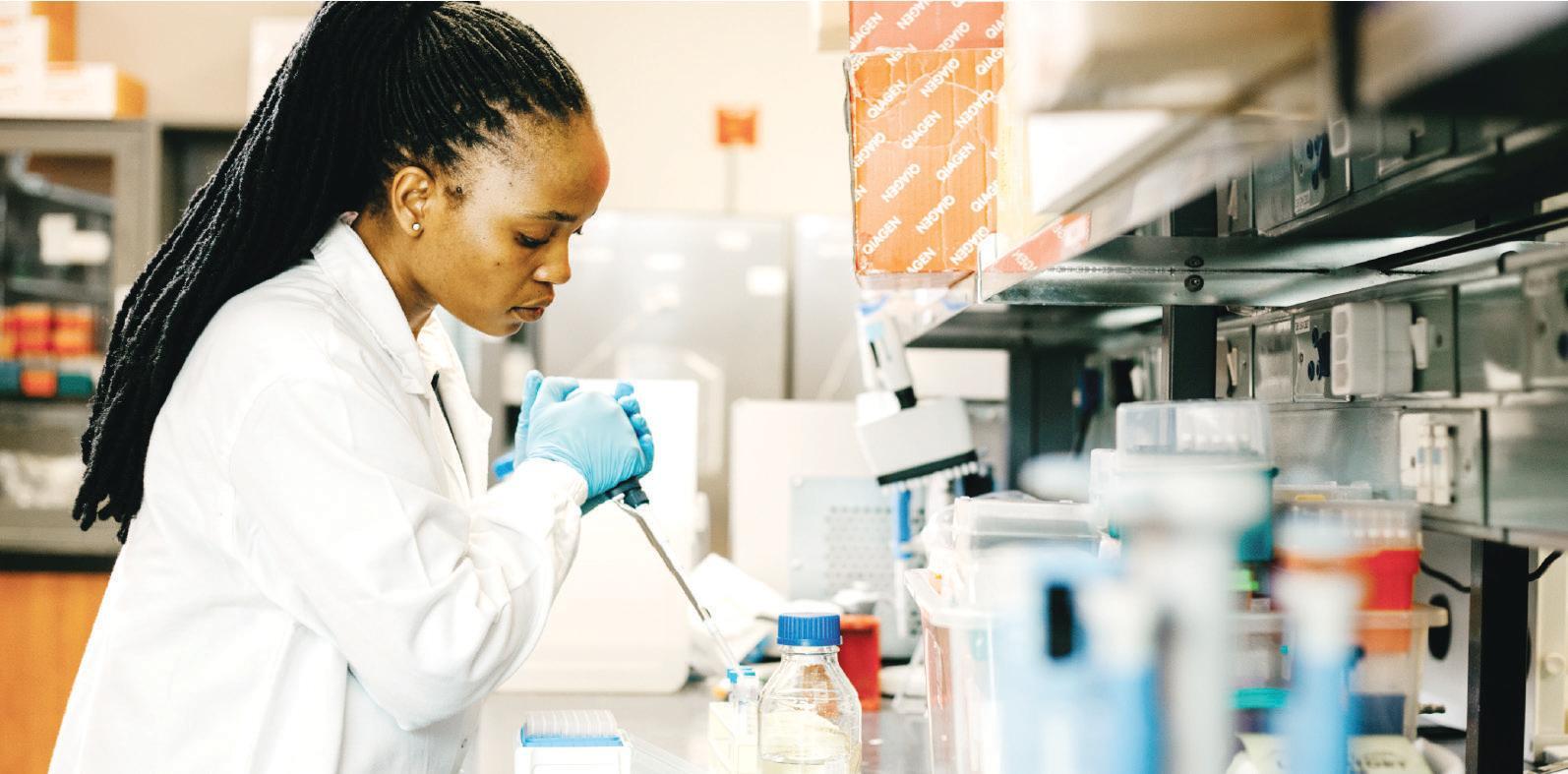Africa-Press – Malawi. The World Health Organisation (WHO) has issued a call to action alongside a consensus statement, urging the global health community to end what it calls the routine exclusion of pregnant and lactating women from tuberculosis (TB) research.
WHO describes “this landmark initiative”, developed through a global consensus process, as outlining a comprehensive framework to ensure equitable access to TB innovations for all, including those most at risk.
The United Nations agency adds that, despite an estimated 200,000 pregnant or postpartum women developing TB each year, they remain largely invisible in research and clinical trials.
It says the exclusion leaves critical gaps in evidence, delaying access to life-saving treatments and vaccines for these populations.
“The benefits of TB research must flow to all people with TB, including pregnant and lactating women,” said Tereza Kasaeva, Director of the WHO Department for HIV, TB, Hepatitis and Sexually Transmitted Infections.
“It is time to prioritise their inclusion – not as an afterthought, but as a fundamental step towards equitable, evidence-based care.”
Key actions in the call by the health agency include closing data gaps on TB in pregnancy and postpartum through improved surveillance and reporting; and initiating timely preclinical studies to assess the efficacy and safety of novel TB compounds and vaccines in pregnancy.
Others include including pregnant and lactating women in all stages of TB drug trials; and involving pregnant and lactating women in adult TB vaccine research for candidates with a favourable risk-benefit profile and a plan for rollout and monitoring.
WHO further urges the creation of enabling environments by addressing legal, ethical and regulatory barriers; and engaging and empowering affected communities to ensure research is inclusive, respectful and responsive.
The consensus statement and call to action are the result of a WHO-led consensus process involving over 80 global experts covering five themes of preclinical TB research, TB therapeutics research, TB vaccine trials, maternal TB surveillance and advocacy.
The documents provide a roadmap for product developers, study sponsors, researchers, regulators, ethics committees, government programmes, funders and civil society “to act decisively to advance the inclusion of pregnant and lactating women in TB research”.
Malawi is said to be making significant strides in TB research and control, with “several promising initiatives” underway to address the disease’s impact on its population.
The country recently became one of the few globally to participate in Phase 3 clinical trials for a TB vaccine aimed at preventing TB in adults.
In addition to vaccine development, a collaborative study between Kamuzu University of Health Sciences and the University of Glasgow is focusing on improving TB diagnosis through artificial intelligence.
This study aims to create more accurate and cost-effective prediction models by incorporating individual patient characteristics, which could revolutionise TB detection in Malawi.
Policy discussions have also been active, with Malawi hosting TB Evidence Day in March 2025, an event that brought together policymakers, researchers and health professionals to bridge the gap between research findings and practical policy action.
For More News And Analysis About Malawi Follow Africa-Press






